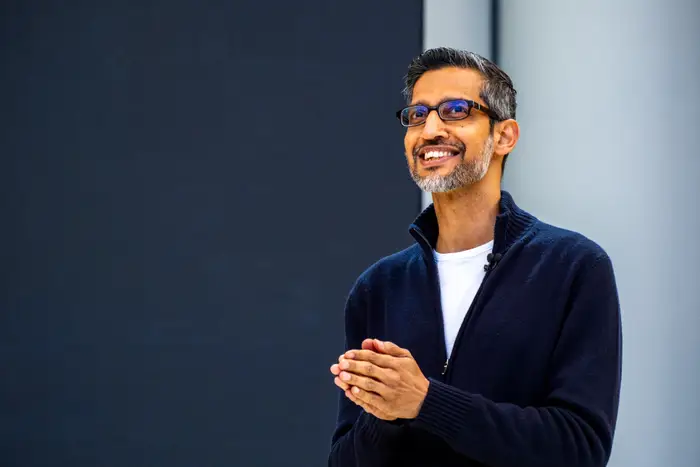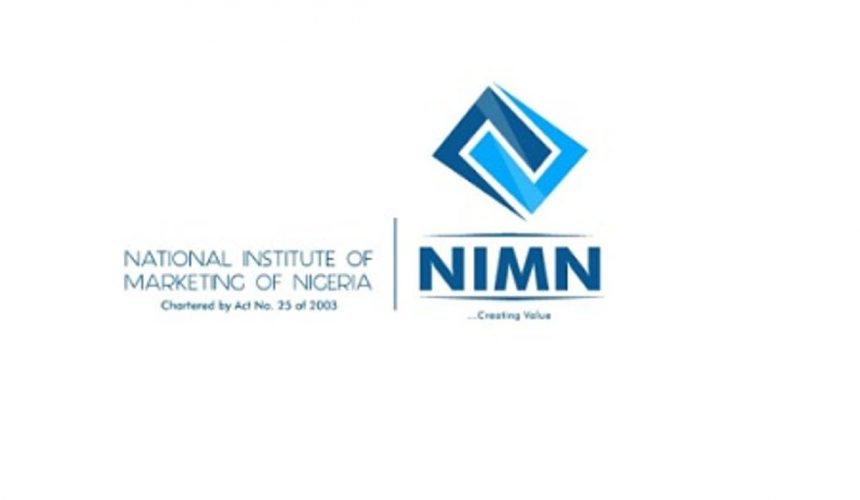Sundar Pichai sees both promise and peril in artificial intelligence (AI). The Alphabet CEO recently spoke on the BBC about the AI revolution reshaping business, technology, and daily life. To him, the excitement is justified, but not every company will survive the gold rush.
Google’s spending tells the story. Four years ago, the company invested less than $30 billion annually in infrastructure. But this year, that figure will exceed $90 billion.
Across the industry, companies are collectively pouring over a trillion dollars into AI infrastructure. Pichai says they’re compressing 10 to 20 years of development into just two years.
The reason is simple: handling billions of daily queries to large language models like Gemini and ChatGPT requires massive computing power. That means sprawling data centers, specialized chips, and extraordinary energy resources. Google has bet heavily on its own Tensor Processing Units (TPUs), positioning them as serious competitors to Nvidia’s dominant chips.
With AI companies commanding $15 trillion in market capitalization, bubble fears are mounting.
Pichai acknowledges the concern. “There are elements of irrationality,” he admits.
But he maintains the core excitement is very rational. Model capabilities are advancing rapidly, and real demand exists. Consumers and businesses are already using AI to transform their operations.
He draws parallels to the internet boom, excess investment that ultimately changed society. AI will be similarly profound, he believes.
Still, Pichai offers a warning: transformative technology doesn’t guarantee every company will win. Most will fail. Although he believes Google’s advantage is its massive existing revenues that fund AI investments directly, unlike cash-strapped startups.
AI’s appetite for electricity is staggering. For context, the International Monetary Fund projects that by 2030, AI data centers will consume more power than India, the world’s most populous nation.
Pichai rejects the idea that this creates a zero-sum game with climate goals. Instead, he argues the energy crunch is accelerating clean power innovation.
To buttress this, he shared about Google’s aggressive investments: the recent signing of its largest corporate nuclear fusion deal with Commonwealth Fusion Systems, securing multiple agreements for small modular nuclear reactor energy, and its recent deployment of geothermal energy in data centers.
“The pressure will lead to abundant renewable energy,” Pichai predicts. But he concedes current constraints are slowing immediate expansion.
Pichai confirms future AI will require deeper trust. Users will speak to it naturally, let it access their photos, and authorize purchases on their behalf.
Within 12 months, expect “agentic experiences”, meaning AI that completes complex tasks independently. Ask it to shop for your spouse’s birthday gift, and it will.
Future applications will handle sensitive decisions like if you should buy that stock, or if your doctor’s treatment plan is the right choice, or what the optimal learning path for your child is.
Google is betting especially hard on personalized education.
Pichai pushed back firmly against proposed H-1B visa restrictions in the United States.
As a former H-1B visa holder himself, he emphasized that immigrant talent has driven Nobel prizes and AI breakthroughs. “Restricting these programs would be detrimental,” he warned.
He also highlighted Google’s $5 billion data center investment in Waltham Cross, UK, and praised DeepMind, the British company Google acquired, for its crucial role in advancing AI.
The AI transformation is real, rapid, and risky. Investment at this scale will reshape policy, finance, education, and healthcare.
Pichai’s message is clear, the technology is revolutionary, but the market is overheated. This translates to mean that only companies with deep pockets and sustainable business models will weather the storm. They’re building on borrowed time.






Comment
No comments found.